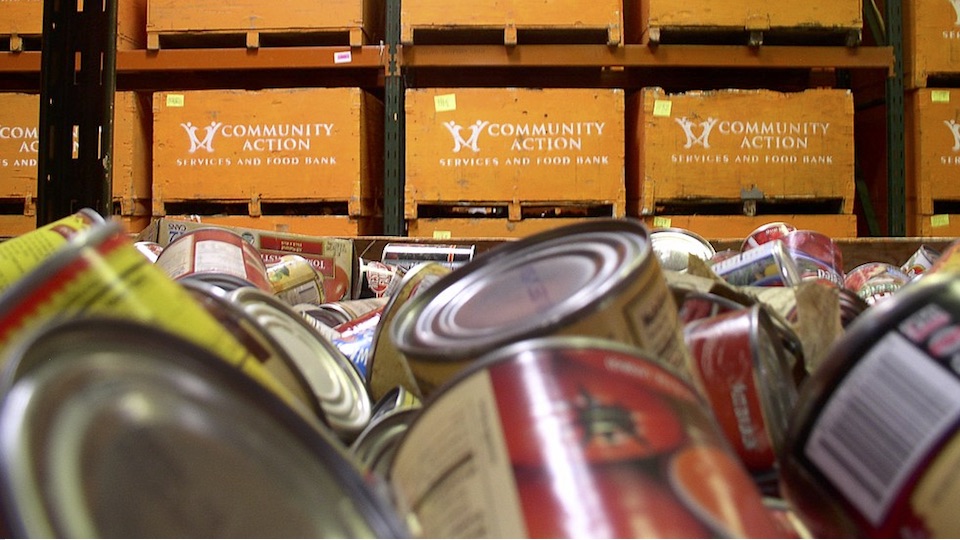In the world today, virtual connections have allowed our individual voices to resonate with millions. Every day, we’re exposed to rallying calls for aid from the other side of the world. In business, people are breaking away from conventional operations to build a mechanism that contributes to social good.
With this paradigm shift in motion, how can we contribute to a better world — even with the current practical limitations that are in place?
Challenges Now and Ahead
It is important that we first acknowledge the challenges of those who have been doing good with no returns: nonprofits. Organizations – for-profits and nonprofits alike – find themselves further constrained as people hold on more tightly to their wallets.
Yet there’s an interesting convergence of awareness and action happening. For once, it seems, we’re collectively impacted at the same time, wherever we are, whoever we are.
The immediate challenges ahead for any volunteer work is how to maintain resource mobility and engage the community. The recent changes in lifestyle are viewed by some as an “inconvenience.” However, this renewed awareness is an opportunity for change.
How Organizations and Communities Are Adapting
Public events have been canceled. Services such as soup kitchens have closed down (or become severely limited). How do these various organizations cope?
Here’s one example: All Faiths Food Bank partnered with school districts to distribute pre-packed meal boxes. Using a drive-thru model, volunteers would place family meal kits and snack bags in the car trunk. These nutritious meals feed newly unemployed families and children no longer accessing free lunch programs at their public schools.
Children’s Hope India recognized that funding was vital to continue providing aid to low-income families, who were deprived of their daily wages and especially vulnerable during these trying times. In May, the non-profit held a virtual fundraising event featuring celebrities and successfully raised $52,000 for their work.
As we appreciate the work of our medical frontliners, let us remind ourselves that these volunteers have been working tirelessly since the “old normal” days. To help these causes help others in turn, we’ll need to be proactive ourselves. Knowledge and resources are accessible at our fingertips. Collect information. Learn. Absorb.
Monetary donations are first on most people’s list, but at times it feels lacking. Instead, start incorporating “helping” into your daily routines. When you shop for groceries and decide to buy a can of beans, get an extra one for your local food bank. Rather than seeing the ones in need as outsiders, embrace them as part of your life and your family.
You can turn your passion and hobbies into a form of contribution as well. If you garden, share your produce with the local pantry. If you sew, refashion baggy clothes into miniature ones for children in need. There are myriad ways to give your time and effort into lifting another fellow individual.
A Time for Reflection
2020 has certainly brought about a shift in the status quo. We have time to pause for a moment and reflect on our purpose in life. Are we here to give so much of ourselves to our bosses and day jobs? How can we instead live and benefit those who need our aid?
We can choose to go back to the “old normal” … even though it wasn’t working. Or we can emerge more connected, inspired, and better as we start anew.
-Denise Lim
Photo: Wikimedia Commons


0 comments on “Helping Your Community In Changing Times”